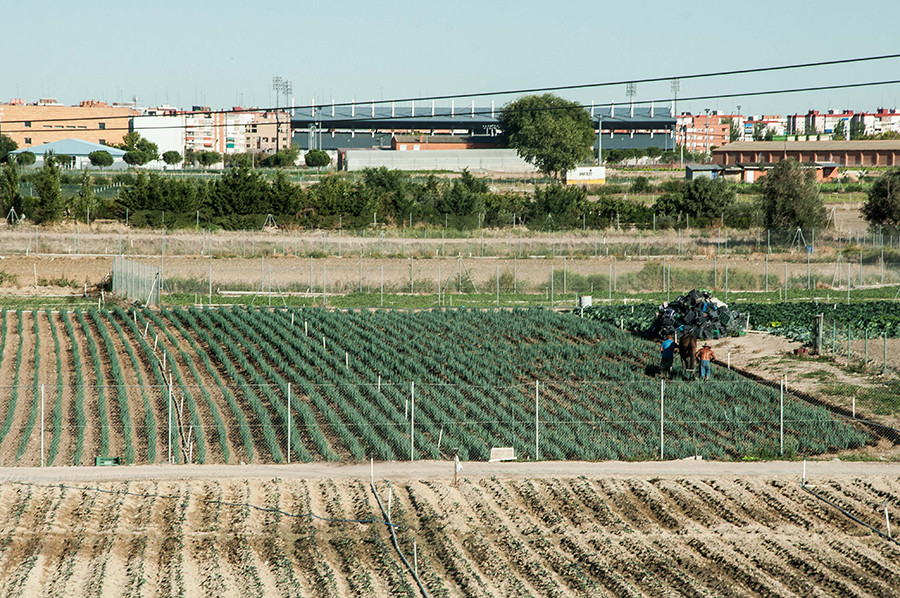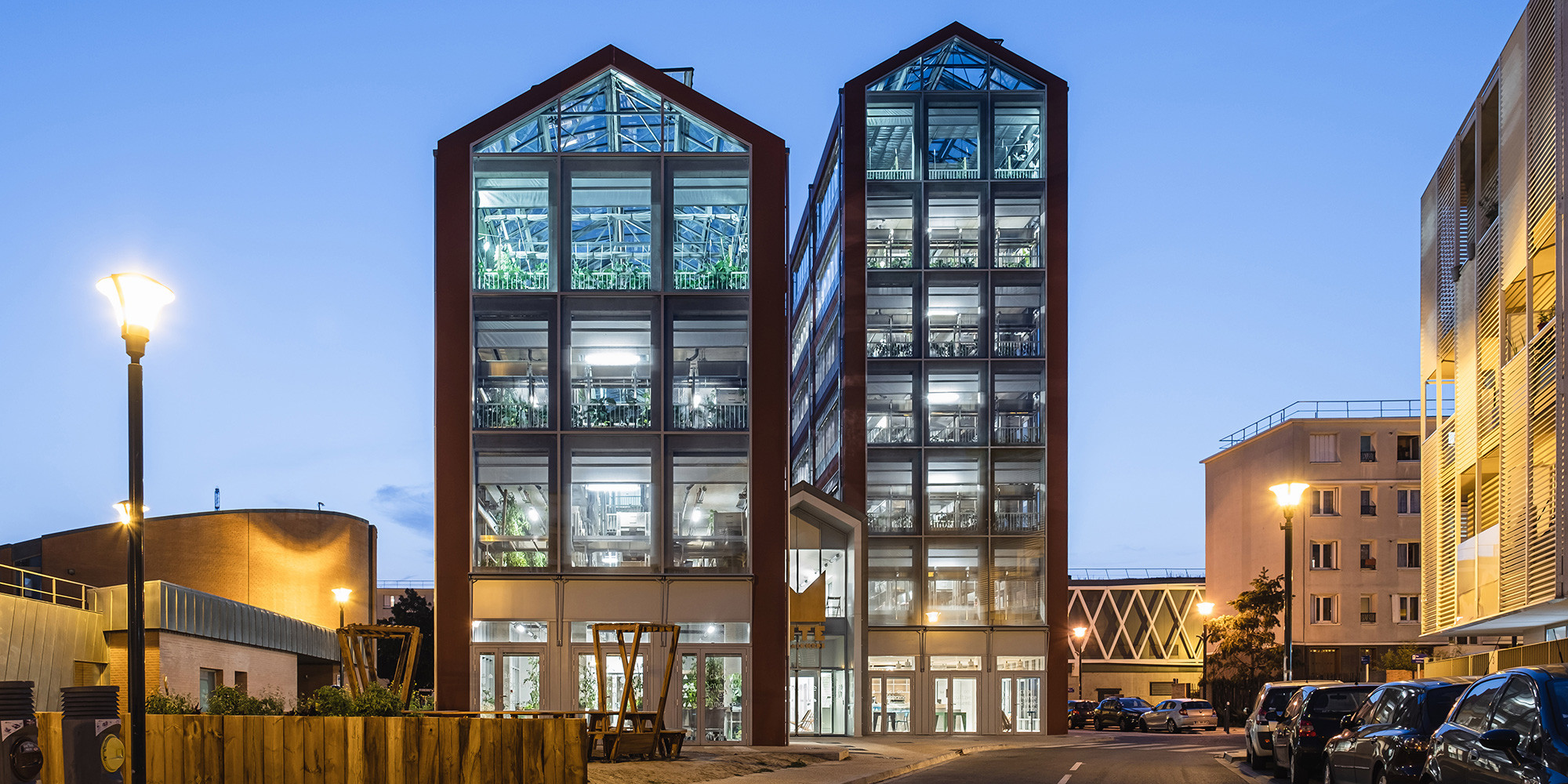How can we move beyond this conversation stopper?
Building on the effective use of zoning as a counterspeculative measure

Spanish cities have been able to protect farmland on the peri-urban fringe through effective land use instruments and the establishment of so-called agricultural parks. The measures have been reasonably successful in stopping the destruction of agricultural soils (Miralles I Garcia 2015, 2020) but show mixed results when it comes to delivering a transition towards agroecological ways of farming. Many of these agricultural parks are situated within naturally sensitive areas. This provides clear opportunities to link nature development and biodiversity goals to the establishment of conditions in which only certain farming models can thrive. Agroecology can be a gamechanger in such a context, as it is a farming model that can accelerate the evolution towards nature inclusive forms of farming and move beyond the conflict between environmental goals and agricultural development. Zoning measures aimed at protecting farmland may be supplemented with legal measures to protect high valued soils, as is the case in the Parque Agrario de Fuenlabrada, near Madrid (Yacamán Ochoa, Mata Olmo, 2017). The categorization of soils goes hand in hand with the installation of farming models that start from principles of soil care and the ecological reproduction of soil fertility.
The value of care
“When you are stretched, it is exactly the care that becomes really hard to do. And because it is so bad to not do something with care, we will still do so, but that is when the burnout happens. So it is because care is just this unrecognized, it is a classic old thing not to value care work and it is something that is very present in our agroecologies.”
Hari Biles, Compost Mentis
An endemic lack of resources limits the development of political pedagogies with care. Care is central to building more-than-human solidarities across city territories that recognise nature as urban, and are a foundational aspect in the formation of networks to mobilise agroecological food systems. In the context of the neoliberal city, where urban agroecological work often struggles to meet project core costs, and for farmers to pay high rent and cost of living, practitioners are often confronted with painful myriads of self-exploitation, self-care or giving up the ethical ambition to work with care. To be true to values. To build prefigurations of a just and sustainable society. For resourcing the connections already there in the movement. For resourcing the ability to take time to see, recognise, listen and care. Practitioners find themselves between axis of burnout working beyond available resources, and practice with limited embodiment at risk of a thin veil of agroecological values at splintered scales. A lack of resources squeezes the space for practitioners to reflect, strategise and collectivise learning. As the structures of the neoliberal city attempt to chase out cultures of care and solidarity, it is imperative to make space to develop sustainable strategies of care. Social security mechanisms, such as universal basic income or financial supports for farm-start are policy options that could be implemented and part of an agroecological urbanism.
Prioritising soil-based growing

Conversations and pilot projects related to food growing in urban areas are frequently becoming disconnected from the soil rather than encouraging reconnection with it. Take La Cité Maraîchère for example, a vertical farming project in Romainville, Paris. A project of five million euros, of which 2.5 million of state funding. In itself a noteworthy project, but one that becomes problematic when it is used as an excuse for the ongoing destruction of remaining historical soils in urban fringes and beyond. There is a disproportionate attention paid to vertical agriculture and roof gardens in contemporary urban agriculture debates. These often depend on soil extraction elsewhere, or remove soil from the process entirely in the case of high tech ‘solutions’ such as hydroponics. Imagine what would be possible if this type of funding would be redirected towards the development of soil-based growing, for example enabling access to land and resources and nurturing new solidarities and new relations between soils, species and people.